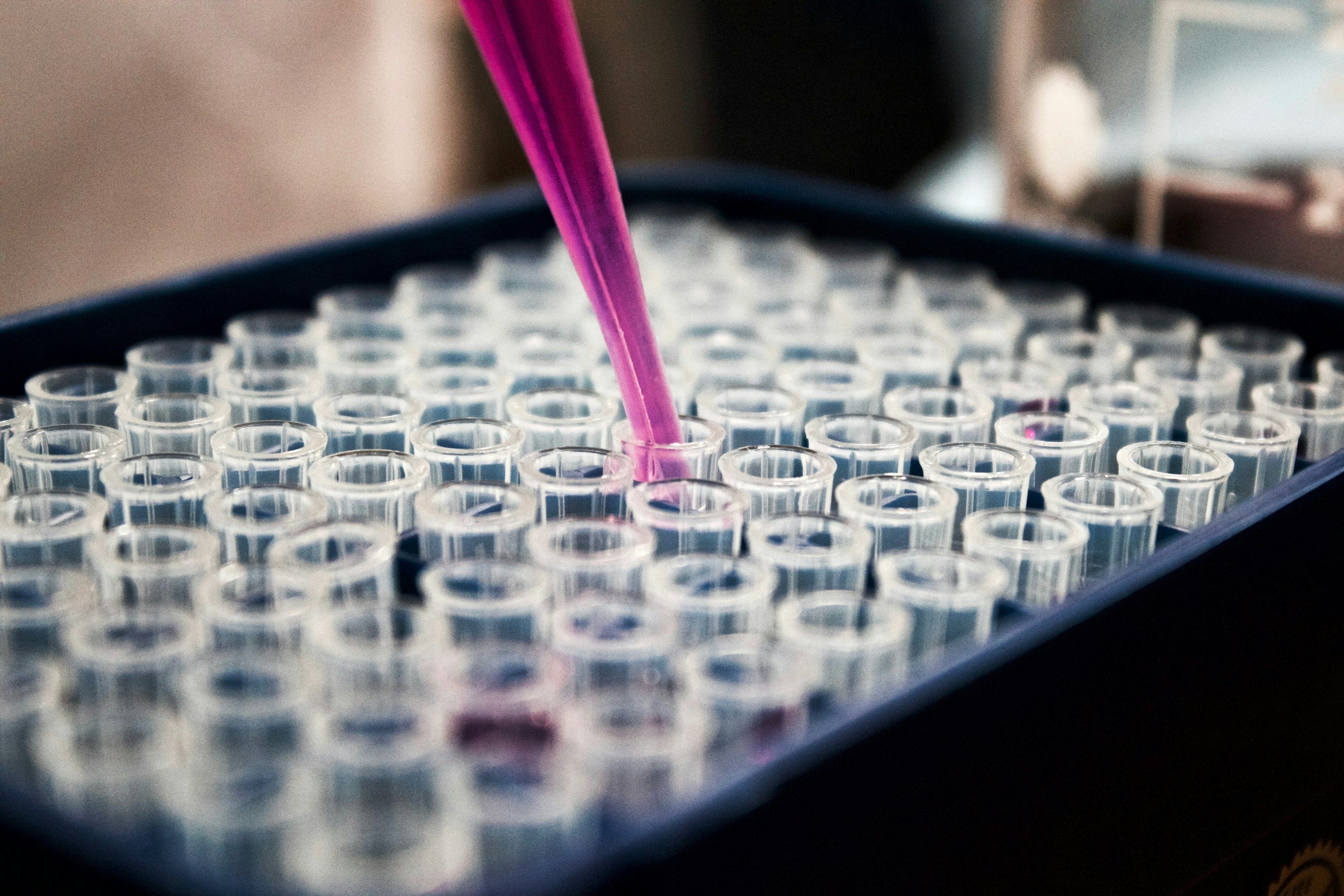Pharmacologist Life Videos:
Here’s a brief list of what Pharmacologists do:
Drug Discovery: Researching and identifying new drugs or compounds that could be used for therapeutic purposes.
Drug Development: Testing potential drugs in laboratory settings and through clinical trials to assess safety, efficacy, and optimal dosage.
Drug Action: Investigating how drugs interact with biological systems at molecular, cellular, and organismal levels.
Pharmacokinetics: Studying the absorption, distribution, metabolism, and excretion of drugs within the body.
Toxicology: Assessing the safety of drugs and chemicals, including their potential adverse effects and toxicity.
Pharmacogenetics/Pharmacogenomics: Studying how genetic variations influence individual responses to drugs and personalizing treatment regimens.
Clinical Pharmacology: Collaborating with clinicians to optimize drug therapy for patients based on pharmacological principles and patient characteristics.
Here’s how YOU can become one:
Educational Foundation:
High School Education: Focus on biology, chemistry, mathematics (including statistics), and physics. These subjects provide a strong foundation for understanding pharmacology and drug mechanisms.
Undergraduate Degree:
Pursue a bachelor's degree in pharmacology, pharmaceutical sciences, biology, chemistry, biochemistry, or a related field.
Choose a program that offers courses in pharmacology, pharmacokinetics, drug metabolism, molecular biology, and other relevant disciplines.
Gain Laboratory Experience:
Participate in laboratory courses as part of your undergraduate studies.
Seek out research opportunities or internships in pharmacology labs or pharmaceutical companies. Practical experience with techniques such as drug testing, pharmacokinetic analysis, and molecular pharmacology is valuable.
Develop Skills:
Laboratory Skills: Master techniques specific to pharmacology, such as drug synthesis, receptor binding assays, cell culture, and animal studies.
Analytical Skills: Develop the ability to analyze experimental data, interpret pharmacological results, and draw conclusions based on drug findings.
Computational Skills: Familiarize yourself with pharmacokinetic modeling, bioinformatics tools, and data analysis software used in pharmacological research.
Further Education (Optional, depending on career goals):
Graduate Degree: Consider pursuing a master's or doctoral degree in pharmacology or a related field for advanced research positions, teaching at the university level, or specializing in a particular area of pharmacology (e.g., clinical pharmacology, neuropharmacology, toxicology).
Advanced degrees are particularly important if you plan to lead research projects, work in academia, or specialize in a specific area of pharmacology.
Networking and Professional Development:
Join professional organizations such as the American Society for Pharmacology and Experimental Therapeutics (ASPET) or the International Society for Pharmacoeconomics and Outcomes Research (ISPOR).
Attend conferences, workshops, and seminars to stay updated on advancements in pharmacology and connect with professionals in the field.
This is a very brief and general plan. To know your specific academic path for this career please talk to an advisor at the college or program you plan on attending!




